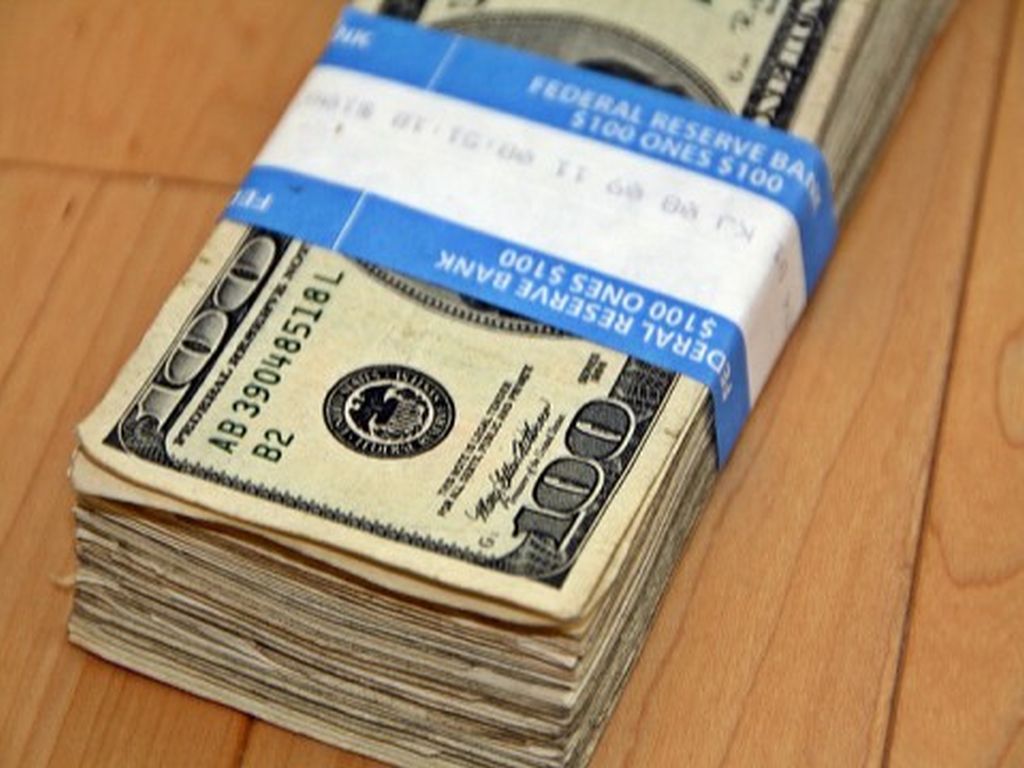Every finance website talks about having a good credit score. We talked about the importance of having a good credit score while mentioning that we still believe it’s best to pay off outstanding balances as soon as possible.

nattanan23 / Pixabay
This is contrary to what most financial experts would tell you. They tend to believe that it’s best to keep balances on your accounts and pay them down regularly to show that you have a consistent payment schedule going. Supposedly that encourages other lenders to loan you money because of your payment history. We talked about this in a previous article.
For a moment, let’s compare this advice to what you might hear from professional poker players. There are two major pieces of advice they’ll give you as far as how you should consider playing the game.
The first is that you can’t think of chips as money. For instance, if you’ve bought $100 in poker chips and think of it as $100, it’ll impede the way you play because all that will be on your mind is “I don’t want to lose $100.”
The second thing they’ll tell you is to consider that there are times when you’re priced into a hand, no matter what cards you’re holding and what’s showing on the board. For instance, if you have an ace and a queen, on the table there sits a king and a ten, and your opponent has gone all in, if you’ve already paid $25 and because you’ve gone this far into the hand it’s a no-brainer; you have to make the call and let the cards fall where they may.
It all sounds good… until… you realize that it’s your money, not theirs. Professional poker players always play the odds. If they lose big money, they’ll just come back the next day and try again. A lot of them aren’t even playing with their own money; they’re being sponsored by someone else, so losing it all doesn’t take anything out of their pocket.
It’s the same way of looking at outstanding debt from the perspective of a financial counselor. They know how credit scores work; they’ve done the research. Their advice seems sound and worthy of listening to. It might be.
Yet… the interest on your outstanding credit card is 19.9%, you owe $6,000. If you’ve looked at the notice you get from the credit card company, you’ll see that you’re only paying the minimum amount, and you’ll be paying on it for at least 11 years. If you increase your payments a nominal amount, you can pay it off in 3 years and be debt free; which one sounds better for you?
Here’s the thing about credit scores. If you’re a careful spender, you’re not going to be requesting credit all that often. As we’ve said in the past, if you go for a car loan or a mortgage, they’re going to pay more attention to your outstanding debt than your credit score. In other words, you’re still going to get that loan, especially if you have other money to put down on your purchase. That not only helps you get a better interest rate but lowers the payments.
Within the last year, more financial analysts have been saying that if you have an outstanding balance on your credit cards, you should work on keeping it below 40% of the high limit you’re qualified for. Let’s be real; this kind of credit sculpting is hard to maintain, especially if you’re not budgeting consistently.
Many of the newer credit experts are coming around to our way of thinking. They’re now saying that it’s great having as close to a zero balance of outstanding credit as possible, with zero being the best. They’re also saying that you should still use your credit cards regularly and pay them off, because it’s more important showing that you have a habit of paying your bills than not paying bills, even with you don’t have any.
Since you don’t have full control over everything that can impact your credit score, it’s best to work at containing and reducing your debt. At least it’s better than what’s been advocated in the past.


